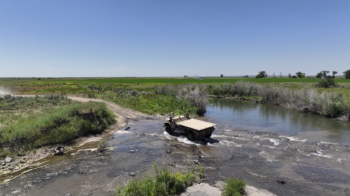

Instead of augmenting super-soldiers, DARPA wants to boost troops’ natural defenses against engineered diseases — and even undo gene-editing altogether.
By Sydney J. Freedberg Jr.
From repelling bugs to protecting divers in dangerous waters, scientists are pushing the boundaries of biotech.
By Sydney J. Freedberg Jr.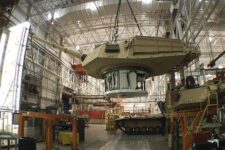
WASHINGTON: President Trump’s sweeping review of the national security industrial base — from shipbuilding to microchips, strategic minerals to vaccines — is almost halfway done. A score of working groups across the government, not just the Pentagon, will submit their draft recommendations this month and next, an administration official briefed on the review tells me. Then…
By Sydney J. Freedberg Jr.
As the House and Senate gear up for votes in the coming days to fund the Defense Department, lawmakers are set to support a bow wave of costly nuclear weapons programs increasingly at odds with the needs of U.S. troops and the future threats that dominate their agenda. Notably for a president who famously championed…
By Lacie HeeleyARMY WAR COLLEGE: Hours before Pyongyang conducted its latest nuclear test, military officers here at the Army War College began waging a wargame whose classified scenario is transparently concerned with North Korea. That is not happenstance. [Click here for more coverage of the Army’s “Winter Wargame”] After a decade of guerrilla warfare in Afghanistan and…
By Sydney J. Freedberg Jr.WASHINGTON: One of the grand old men of biodefense, Dr. Matthew Meselson, left his Harvard lab and came to Washington to call for greater international cooperation in monitoring new diseases, whether they arise in the wild or in the lab. The Department of Homeland Security’s process for reviewing potentially dangerous research, he said at an…
By Sydney J. Freedberg Jr.
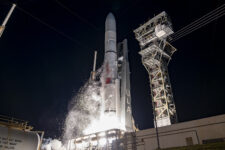

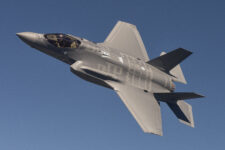
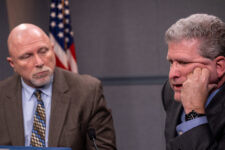
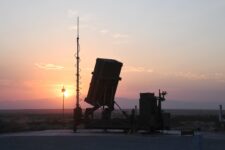


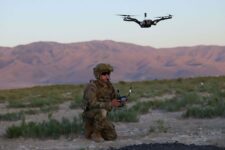


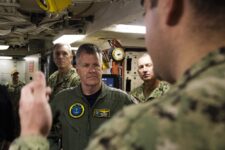
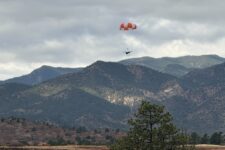
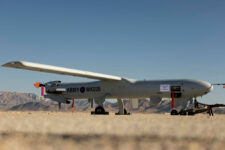



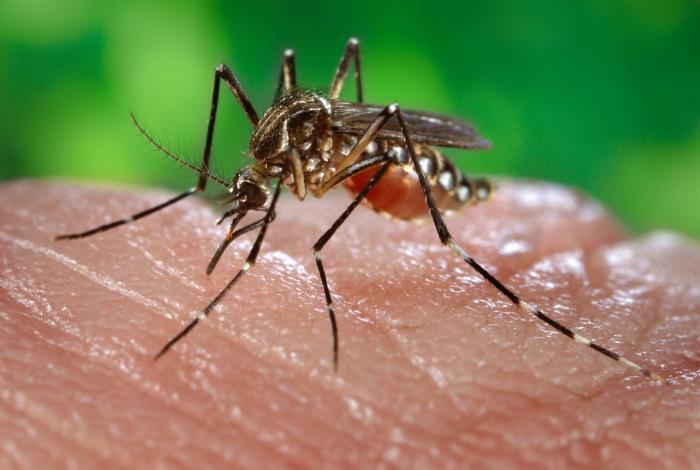
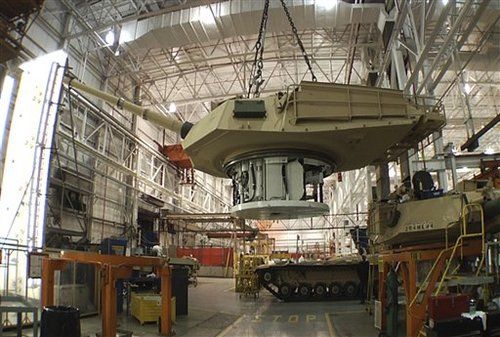


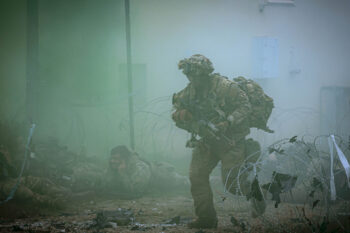
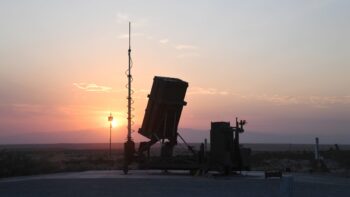

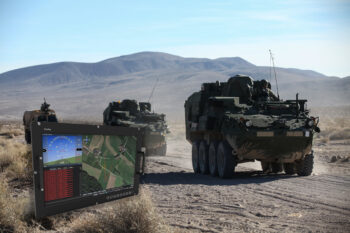

Existing strategies for countering the use of weapons of mass destruction are outdated for an era of Great Power Competition – and the US needs to work quickly to fix the issue, writes expert Al Mauroni.
By Al Mauroni